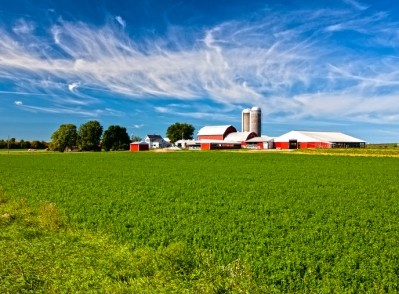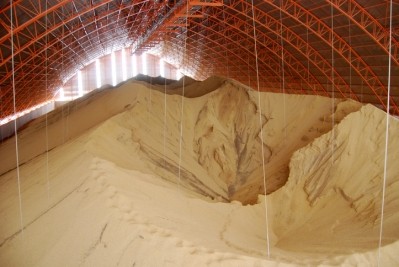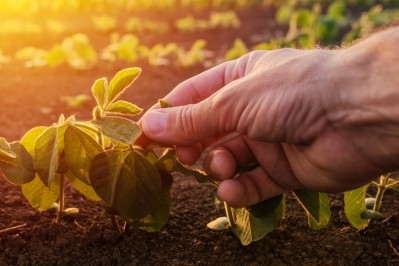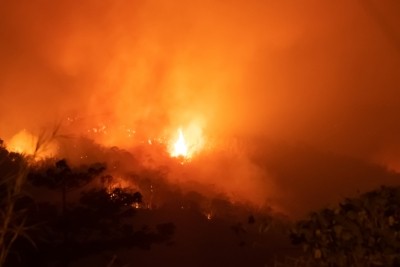Nestlé ceases to source Brazil soy from Cargill
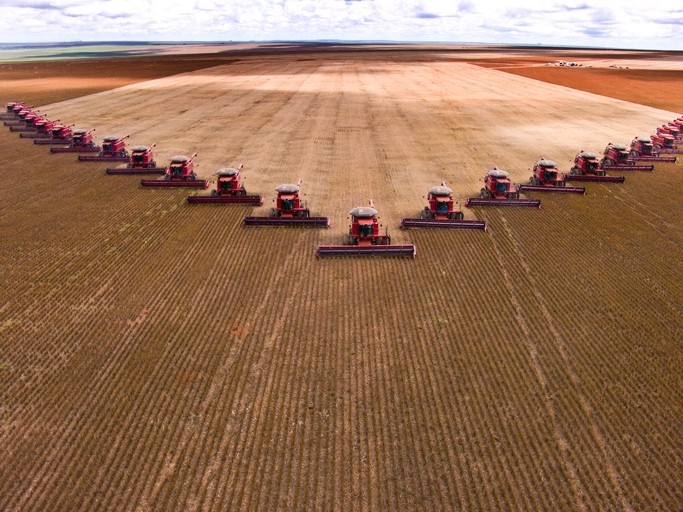
A Nestlé spokesperson confirmed the key elements of the WSJ story as they pertain to the food and beverage giant.
“We stopped sourcing soy from Brazil from Cargill in May 2019. This was because of its inability to deliver traceable soy and because of recent changes in its policy regarding deforestation in Brazil,” he told FeedNavigator.
He said that over the past 10 years, Nestlé has been leading the way in its efforts to end deforestation across its supply chain.
“We’ve developed an integrated approach with a combination of certification, supply chain mapping, on-the-ground verification and satellite surveillance. We are accelerating our work and expect around 90% of our global key agricultural commodities to be verified deforestation-free by the end of 2020, up from 77% in April 2019.
“We will continue to work to get close to 100% in the next three years, ensuring to be inclusive of small farmers.
“For Brazil, for most of the commodities we buy, we have [ensured] they are not linked with deforestation activities. However, for meat byproducts and indirect soy used in feed for animals, we are still finishing our mapping and verification exercise. This is planned to be completed during the first quarter of 2020.”
Nestlé needs to go further and hold Cargill accountable for its corporate behavior across the board, said the US-based environmental not-for-profit group, Mighty Earth, reacting to the WSJ article.
Update: Cargill has since clarified the status of its trading relationship with Nestlé here.
New RTRS members
In other developments around soy sourcing, the Roundtable on Responsible Soy (RTRS) announced that US chicken, beef and pork processor, Tyson Foods, was one of seven new organizations that joined the RTRS in the last quarter of 2019.
Also signing up to the RTRS was Groupo Vall Companys, a leading player in the agri-food sector in Spain and Portugal, Avena Nordic Grain Oy, a Finnish trader of grains and oilseeds and Restaurant Brands International (RBI), headquartered in Canada, which owns quick service restaurant brands: Burger King, Tim Hortons and Popeyes.
A spokesperson for Tyson Foods told this publication:
“With our rapid global expansion, we recognize the differences in supply chains around the world and we are committed to responsibly raised soy. Tyson Foods joined the RTRS [in September 2019] as one step to improving the social, environmental, and economic sustainability of the soy sector globally.
“We will work with RTRS to purchase credits for soybean meal that will be used to feed chickens in our supply chain in regions that typically source from high risk areas. We look forward to identifying other opportunities to work with RTRS to ensure global sustainable soy practices.”
She said that, in additional to that move, Tyson Foods is currently working with consultancy, PROFOREST, to conduct a deforestation risk assessment that will index its operations and supply chain globally, focusing on commodities such as cattle/beef, palm oil, soy, and timber/pulp/paper.
“This risk assessment will lead to developing a company-wide policy to ensure sustainable sourcing practices on a global scale.”
